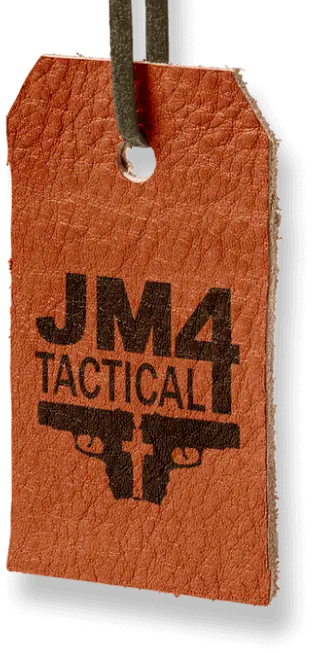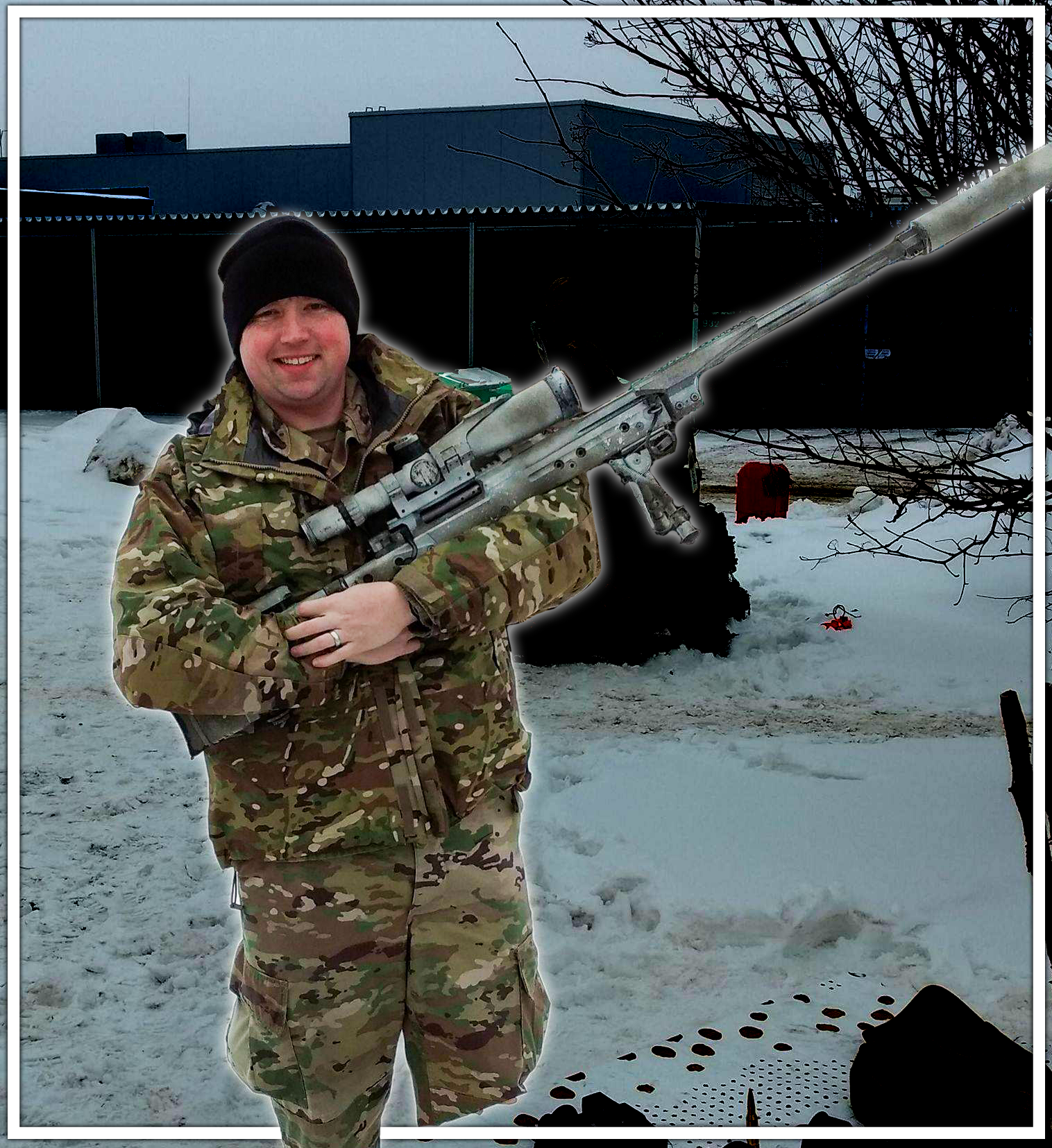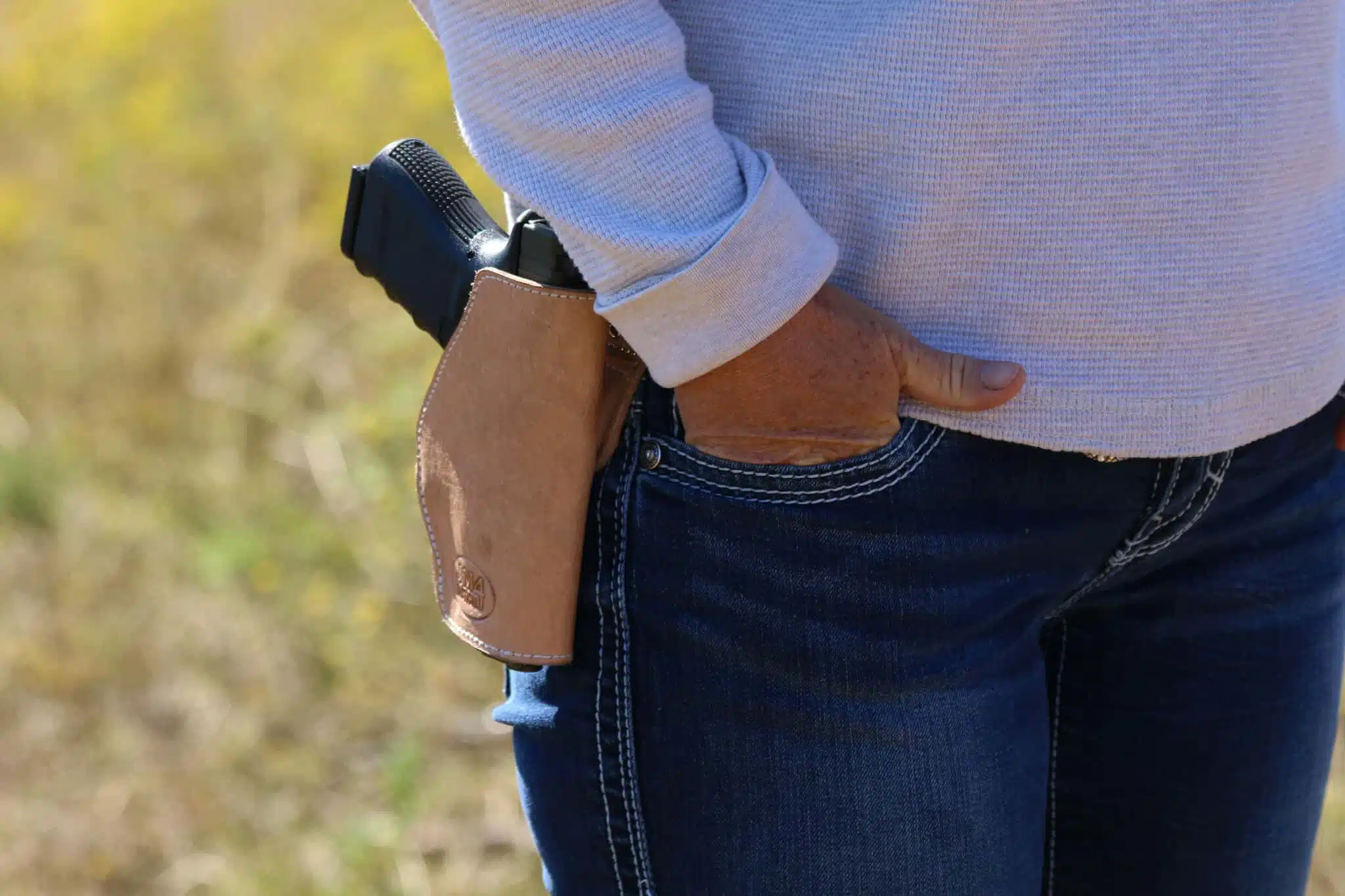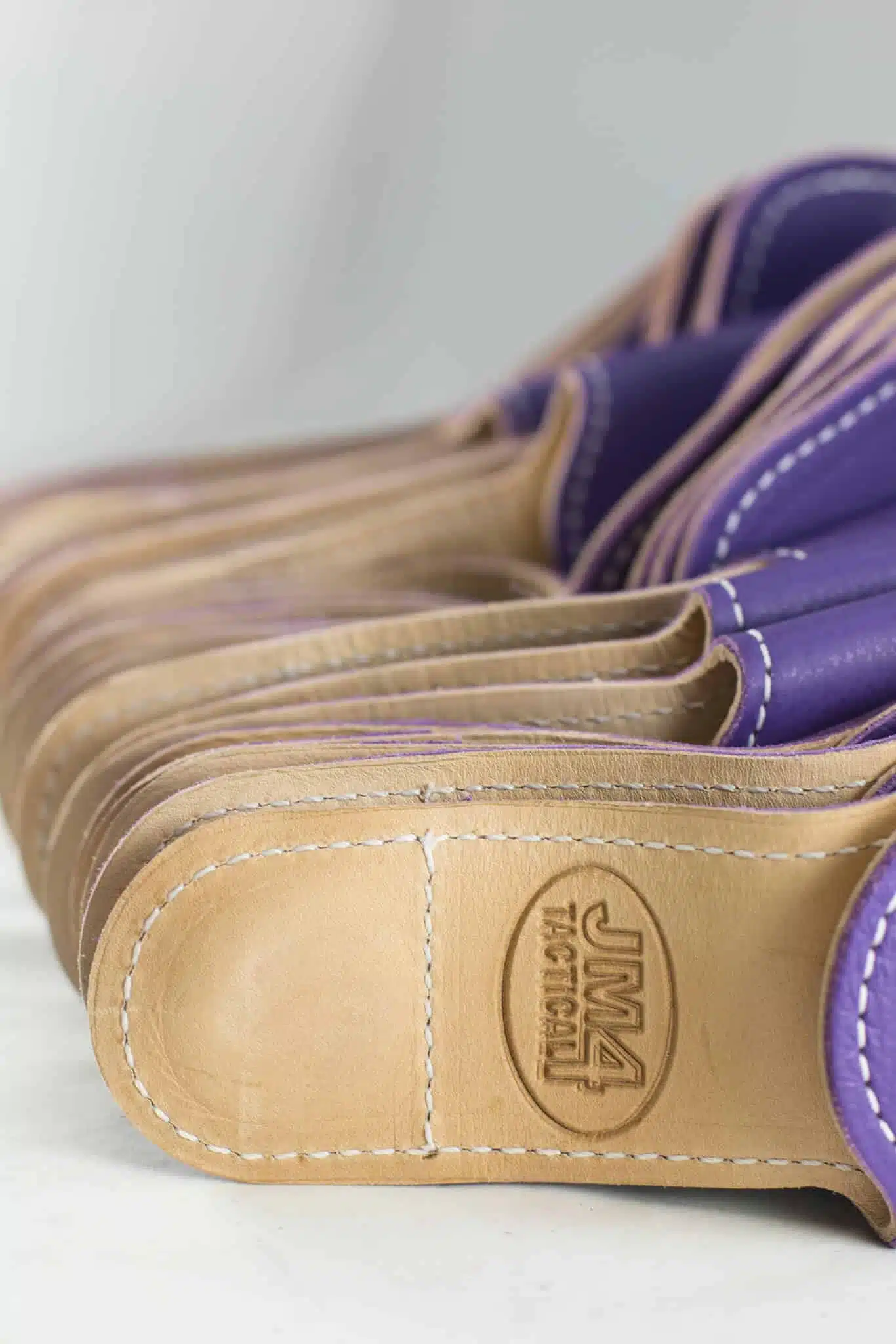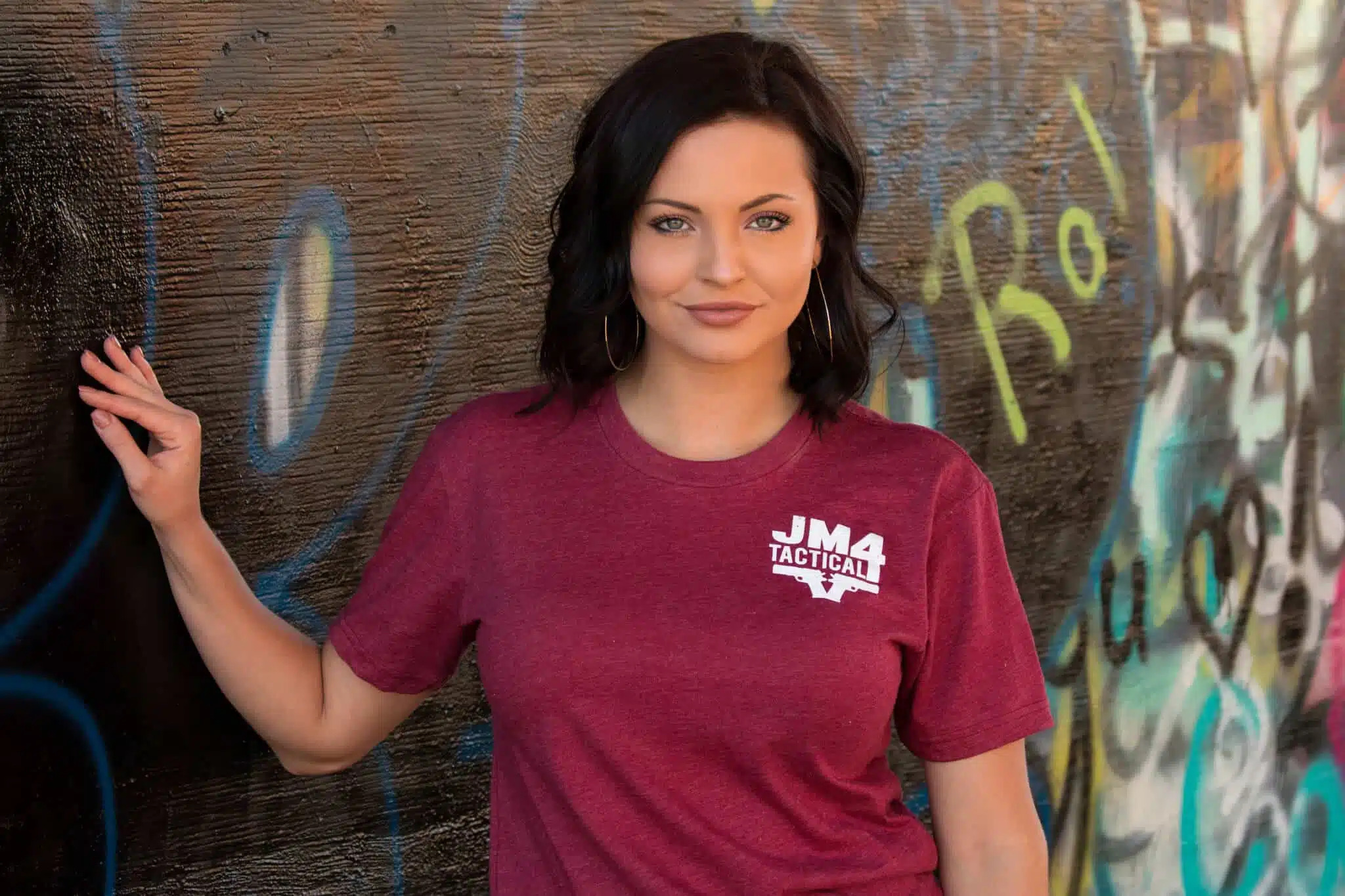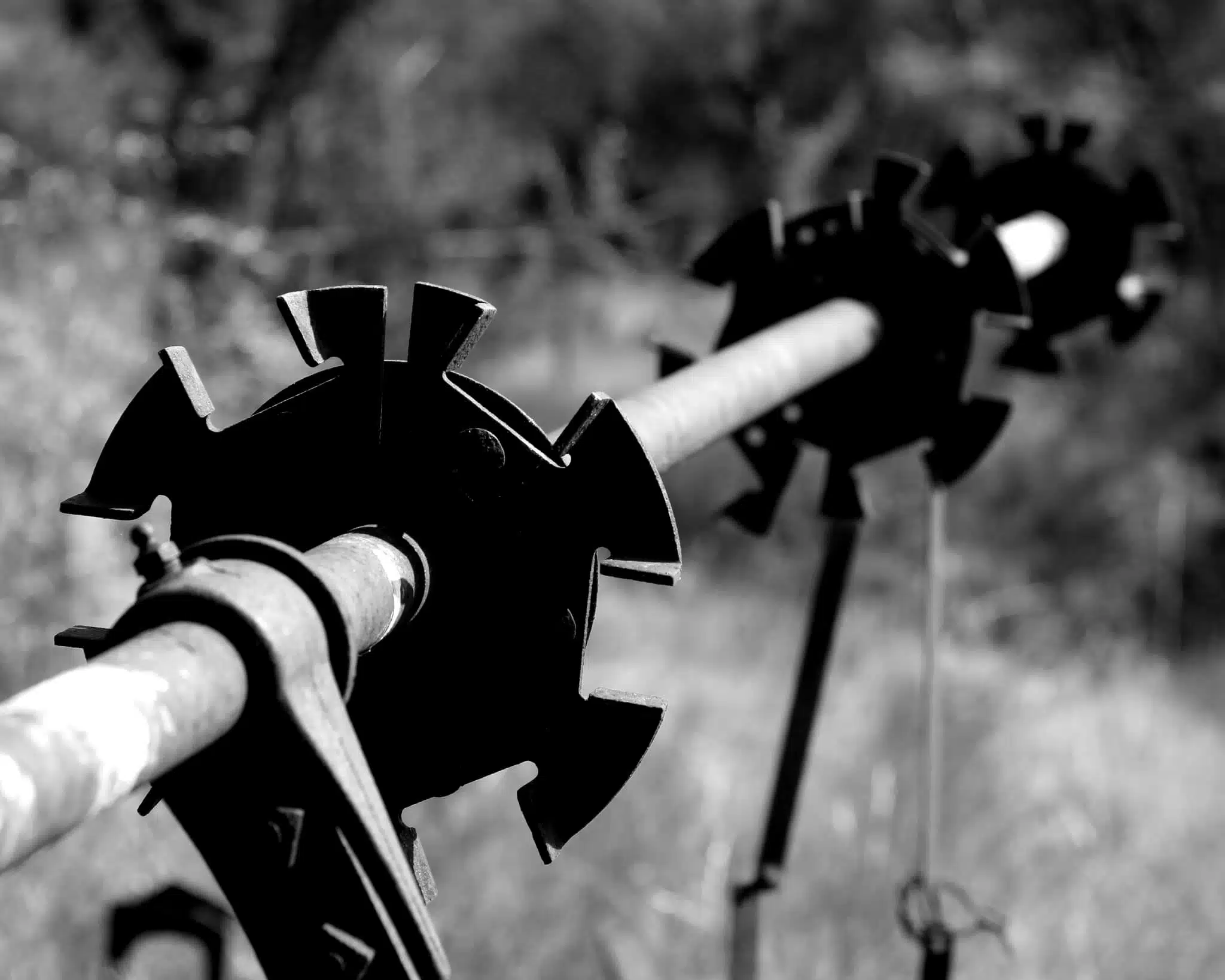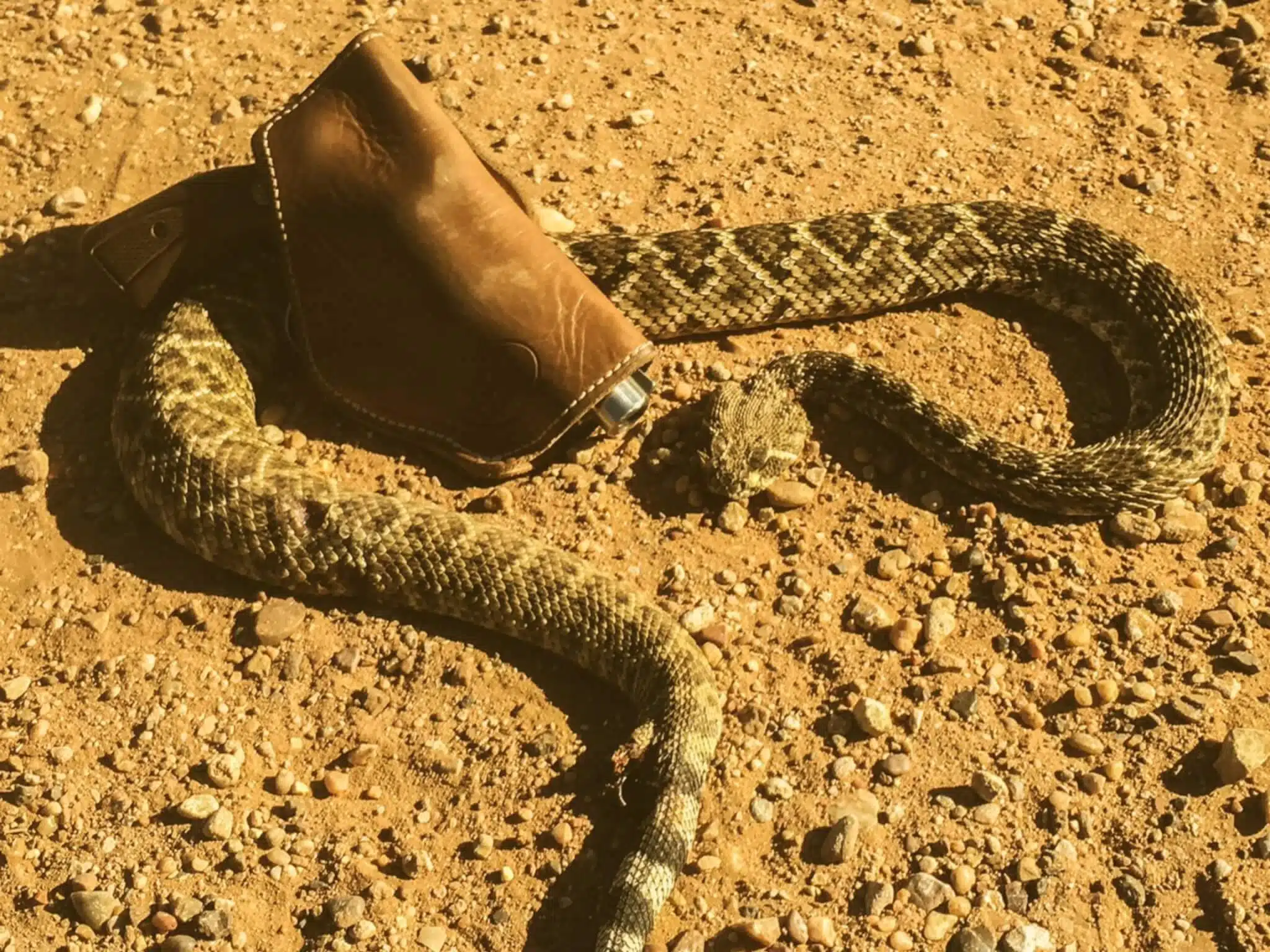What Started The Revolutionary War?

What Started The Revolutionary War? – I hope that on the 4th of July, you were like me and my friends and family. I read about the founding fathers and the Constitution, bought a ton of fireworks to shoot off in celebration, prayed thanks for my safety overseas, and worked around the house. It got me thinking, why did the colonists actually go to arms? What was it that pushed them over the edge to take up arms and it came down to gun confiscation?
We like to think that all of the other issues that were going on were what started everything. Indeed there were repeated attempts to get taxes from the colonies, with the refusal of having representation in Parliament. Colonists were actually OK with paying taxes, most of which was to recoup costs from the expensive French and Indian War, but wanted to do so through their own legislature. This was further compounded when colonists who wanted to expand westward were told no, and they were forced to pay for the British troops to keep them safe. Many were quartered in American civilian homes at their cost to house and feed. These acts eventually culminated in the Boston Massacre, when British (read government) troops fired on protestors who were unarmed.
With the widening of protests, the Boston Tea Party, refusal to buy British goods (thus avoiding the 1% tax). There were several other taxes that were imposed like the Stamp Act (all legal paperwork needed a Stamp and thus a tax), and the Townsend Act that contributed but the actual rising of arms never happened.
It wasn’t until the British marched troops on Lexington and Concord that the colonist raised arms against their government. But what made those two cities so important? The main objective was to seize or destroy the powder, munitions, and arms that were stored by the American militia (read ordinary citizens) to secure Boston. So, it wasn’t until the British decided that they would take the ability of the colonists to defend themselves that armed minute man, young and old, gathered their arms, and engaged the troops sent to subjugate them. But why is that important? Didn’t the British have “military grade” weapons of the day? Yes, as did the average citizen. Both the Brits and Americans were armed with the state-of-the-art muzzleloaders of the day, with many of the Americans actually being armed better with custom long-range rifles which were used to pick off officers at more than twice the distance of the standard weapon of the day, the Brown Bess.
So, what parallels can we see today that might be similar to the time of the colonies forming? There seems to be more and more taxation with the feeling of less and less representation. Current estimates are that 48% of Congressmen (House and Senate) are millionaires, and to date, I have not seen them vote for their own pay to decrease, and laws are passed for citizens but not for them. Second is that people’s rights to peaceably assemble are only ok if “mostly peaceful” or if it follows a certain party, not others. This is why so many who study history are worried because what comes next is disarming the populace, because once unarmed, a government can do as it wishes to its populace, we can look to Mao, Stalin, Hitler, and the British (both here and in other countries of their empire). So do some reading and some soul-searching as to what is worth your liberty. What is it you feel would be the tipping point to grab your wig and powder horn? I am not advocating for violence, I want you to exhaust every measure: call your representatives local, state, and nationally, petition your local governments, sue them if need be, and support GOA or other likeminded organizations (Not NSSF or NRA, they just want the money and will roll over the first chance they get), and most importantly exercise your rights. Use your rights, because like muscles, rights not used will atrophy.
Author: Ian Bolser
